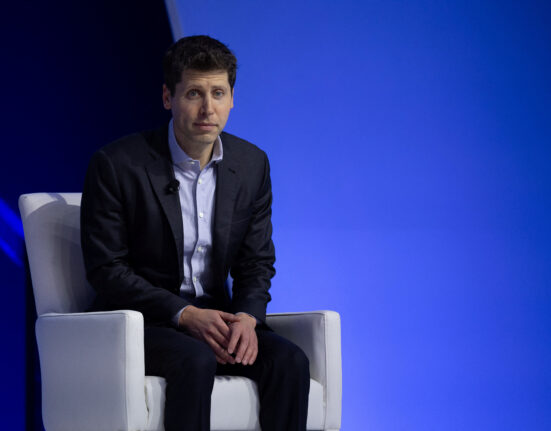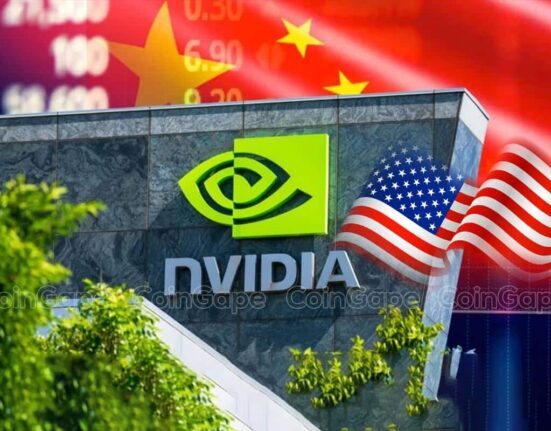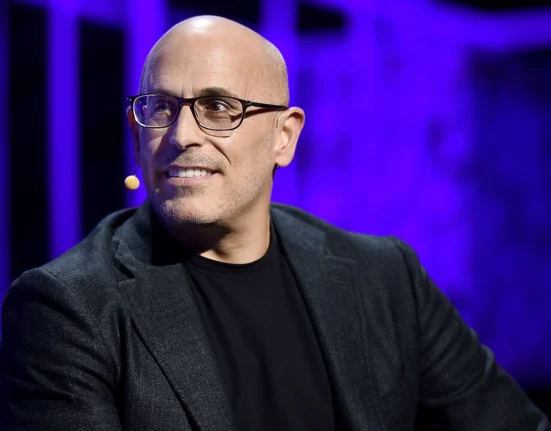The relationship between Elon Musk and Donald Trump started out like a whirlwind romance. Fast Company even posed the question, “How long will Elon Musk and Donald Trump’s lovefest last?” Little did they know that what seemed like a match made in heaven was destined for a fiery fallout.
It all came to a head recently when tensions flared between the two titans over Trump’s proposed tax bill, dubbed the “One Big Beautiful Bill.” Musk didn’t hold back, slamming it as a
“disgusting abomination.”
The clash intensified as they butted heads on electric vehicle mandates, an issue close to Musk’s heart. The rift deepened during a White House event where Trump publicly expressed his disappointment with Musk’s stance. He even went as far as threatening to cancel federal contracts held by Musk’s companies and allegedly asked him to leave his administration—a claim vehemently denied by Musk.
The aftermath of their falling out was nothing short of dramatic. From mocking each other on social media to making serious accusations, both parties pulled no punches. Musk claimed that without his financial backing, Trump would have lost the election, showing his hurt at what he perceived as ingratitude from the president.
In retaliation, Trump took jabs at cutting subsidies and contracts crucial for Musk’s ventures, leading SpaceX to announce the immediate decommissioning of its Dragon spacecraft relied upon heavily by NASA. The showdown unfolded rapidly over just a few hours, leaving many observers stunned by the speed and intensity of the breakup.
Short seller Jim Chaos labeled it as the
“most predictable breakup ever,”
while Wedbush Securities principal analyst Dan Ives described it as jaw-dropping and market-shaking. The repercussions were felt not only in financial markets but also raised questions about Tesla’s future under Musk’s leadership.
As tensions simmered between them, speculations arose about who would emerge less scarred from this clash of egos. With critics suggesting that Trump’s association with Musk painted him as being under the entrepreneur’s thumb and further damage done due to perceived ungratefulness towards support received during campaigns.
On the flip side, concerns loomed over how Tesla would weather this storm given its reliance on global sales amid public disillusionment fueled by these high-profile conflicts involving its CEO. The company faced a significant stock decline amidst this feud with potential tax implications adding more pressure on its financial outlook.
Experts weighed in on how this unraveling bromance could impact both men in unforeseen ways moving forward. Merici Vinton highlighted potential threats linked to DOGE operatives loyal to Musk within government circles post-breakup with Trump; raising national security concerns tied to power dynamics impacted by their fallout.
Steven Buckley pointed out broader implications for Musk’s reputation across political divides following his close ties with Trump; signaling possible reluctance from Democrats and Republicans alike to engage with his enterprises going forward due to fallout from recent events reverberating through political corridors.
In retrospect, what began as an alliance filled with promise ended in acrimony and uncertainty for both Elon Musk and Donald J. Trump—leaving behind lessons learned about navigating friendships in high-stakes arenas where business meets politics.









Leave feedback about this